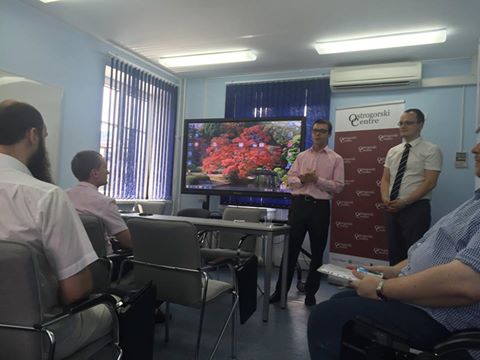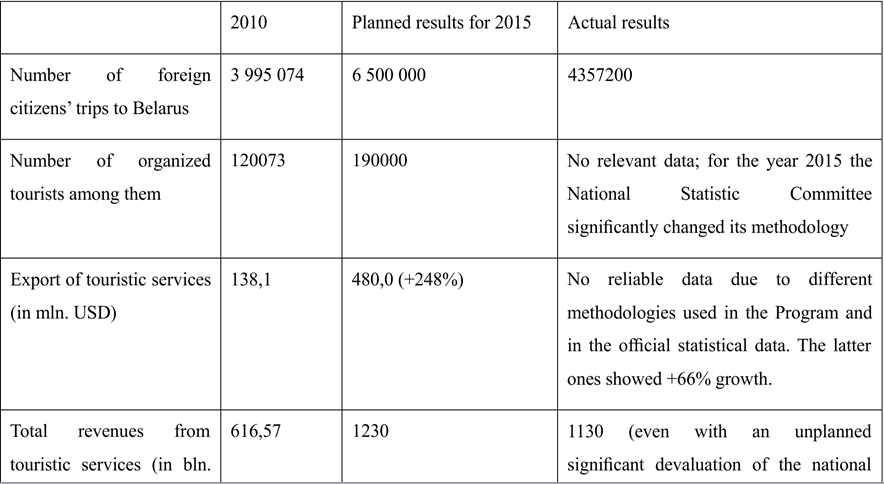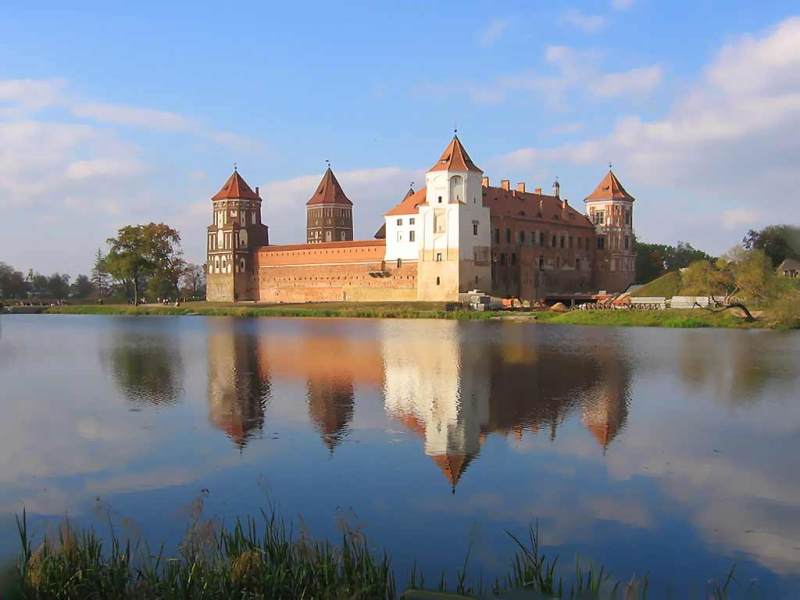The First Ostrogorski Forum, Seminar at BSU, Belarus-Poland Relations – Ostrogorski Centre Digest

This summer Ostrogorski Centre analysts have analysed developments in Belarus-Poland relations, life of regional media and the case of a new potential political prisoner. The Centre also published a major study of Belarus-Russia relations after the Ukraine conflict.
In July the Centre held the first Ostrogorski Forum, a conference on foreign policy and security in Minsk which featured video-recorded debates of experts with different views.
The centre also organised a seminar on Higher and Non-Formal Education in cooperation with the School of Business and Management of Technology of the Belarusian State University.
Ostrogorski Forum
On 29 June the Ostrogorski Centre held the first Ostrogorski Forum, a conference on foreign policy and security in Drazdy Club, Minsk. This year’s conference theme was ‘Inertia, strengthening neutrality or change the foreign policy orientation? Foreign policy Belarus at the present stage’.
The conference programme featured prominent Belarusian experts, both pro-government and independent, as well as academics from state universities and government officials.The programme included researchers from the Ostrogorski Centre, the Belarusian Institute for Strategic Studies, the “Political Sphere” institute, the Centre for European Studies and the Belarusian Analytical Workroom presented their papers on foreign relations and security.
The conference featured five studies conducted in spring 2016 with grant support from the Mott Foundation and Pontis Foundation and implemented jointly with Ostrogorski Centre.
The speakers discussed the issues of Belarusian soft power in the region, Belarusian-Russian relations after the conflict in Ukraine, foreign policy of Belarus in the context of the CIS, the potential of Belarusian neutrality and the geopolitical orientation of Belarusians.
The conference is expected to become an annual event to promote professional and respectful dialogue between experts with different political views. Videos of all conference sections (mostly in Belarusian) are available online.
Seminar on Higher and Non-Formal Education
 On 30 June the Ostrogorski Centre and School of Business and Management of Technology of Belarusian State University jointly organised a seminar in Minsk on higher and non-formal education in Belarus.
On 30 June the Ostrogorski Centre and School of Business and Management of Technology of Belarusian State University jointly organised a seminar in Minsk on higher and non-formal education in Belarus.
The seminar featured three presentations of studies, conducted by the Ostrogorski Centre (Revisiting non-formal education in Belarus), the Centre for European Studies (Problems of modernisation of higher education in Belarus: social sciences and humanities) and School of Business and Management of Technology of BSU (Conditioning factors of entrepreneurial activity Belarusian students).
Analytics
On 1 August, the Ostrogorski Centre published a new analytical paper “Belarus-Russia Relations after the Ukraine Conflict” by Ryhor Astapenia and Dzmitry Balkunets. The research is available in three languages: English, Belarusian and Russian.
Ryhor Astapenia argues that Poland will be improving its links with official Minsk at the expense of opposition groups. Poland has recently been reducing its level of support for pro-democracy groups and is trying to improve relations with the Belarusian authorities.
However, the changes in Polish policy cannot be explained only by attempts to improve relations with Belarusian authorities. The lack of chances for democratic changes as well as brutal repression reduces interest in Belarus among many foreign donors, including Polish ones.
Vadzim Smok analyses the case of Eduard Paĺčys, who is undergoing criminal investigation for creating a website which allegedly contained radical ideas. A new political prisoner is in the interests of neither the European Union nor the Belarusian government, as a warming of relations continues to be important for the bilateral agenda. However, Belarusian authorities may use the case of Eduard Paĺčys to demonstrate that any activity inspiring national conflict, including anti-Russian discourse, will be stopped immediately.
Ryhor Astapenia discusses the problems of regional newspapers in Belarus, which continue to suffer due to repression and the poor economic conditions of recent years. Nearly all of them currently lack funds, forcing talented journalists out of regional publications. The West have done much to support the regional press, but could do more to train media managers and put pressure on the Belarusian government to include independent newspapers into public distribution network.
In July the Ostrogorski Centre successfully completed the project producing eight research papers in the areas of foreign policy, security and education of Belarus. The project was supported by the grant from the Mott Foundation and implemented in cooperation with the Pontis Foundation. Please find a publication of paper abstracts here.
Comments in the media
Analyst of the Ostrogorski Centre Ryhor Astapenia explains on Polish Radio what to expext during coming visit of the Turkish president to Belarus. While earlier Turkey needed Belarus as a medium in economic relations with Russia, particularly in tourism, now this role of Belarus diminishes as Russia and Turkey lower the heat in bilateral relations.
Yaraslau Kryvoi in the Interview of the Week on Radio Liberty speaks on attempts of Belarusian civil society to influence policies of Belarusian authorities, conference Ostrogorski Forum and the consequences of the Brexit vote in the United Kingdom.
Ryhor Astapenia argues that Belarus is seeing an economic revolution. What is the nature of this revolution? How stable will the new Belarusian ruble be? Will the authorities legalise Pahonia following the popularity of national ornaments? Listen to the analysis of these and other topics in the “Political mirror” programme on the Polish Radio.
Vadzim Smok takes part in consultations with a group of advisers to the Board of Directors of the European Bank of Reconstruction and Development. Advisers are visiting Belarus to gain a better understanding of Belarus and the bank’s operations. During their stay they will meet experts, municipal authorities as well as local and foreign investors.
Belarus Policy
The Ostrogorski Centre continues to update the database of policy papers on BelarusPolicy.com. The papers of partner institutions added this month include:
- Aliena Arciomienka. Civil society and political opposition have a particular view of reforms in Belarus. BISS, 2016.
- Sierž Naūrodski, Iryna Lafiuk, Vladimír Benč, Uladzimir Valetka, Martin Lačný. Belarus, Moldova, Ukraine: machine industry report. CASE Belarus, 2016.
- Leanid Spatkai. Border security of Belarus. Belarus Security Blog, 2016.
- Alexander Gedranovich, Mykhaylo Salnykov. Analysing the productivity of the Belarusian system of higher education. BEROC, 2012.
- Anastasiya Luzhina. A convergence analysis of the Russian and Belarusian economies in the case of monetary integration. BEROC, 2012.
Think tanks in Belarus are encouraged to submit their research for inclusion into the database by completing this form.
The Ostrogorski Centre is a private, non-profit organisation dedicated to analysis and policy advocacy on problems which Belarus faces in its transition to market economy and the rule of law. Its projects include Belarus Digest, the Journal of Belarusian Studies, BelarusPolicy.com, BelarusProfile.com and Ostro.by.




 While many experts point to the complicated
While many experts point to the complicated 
